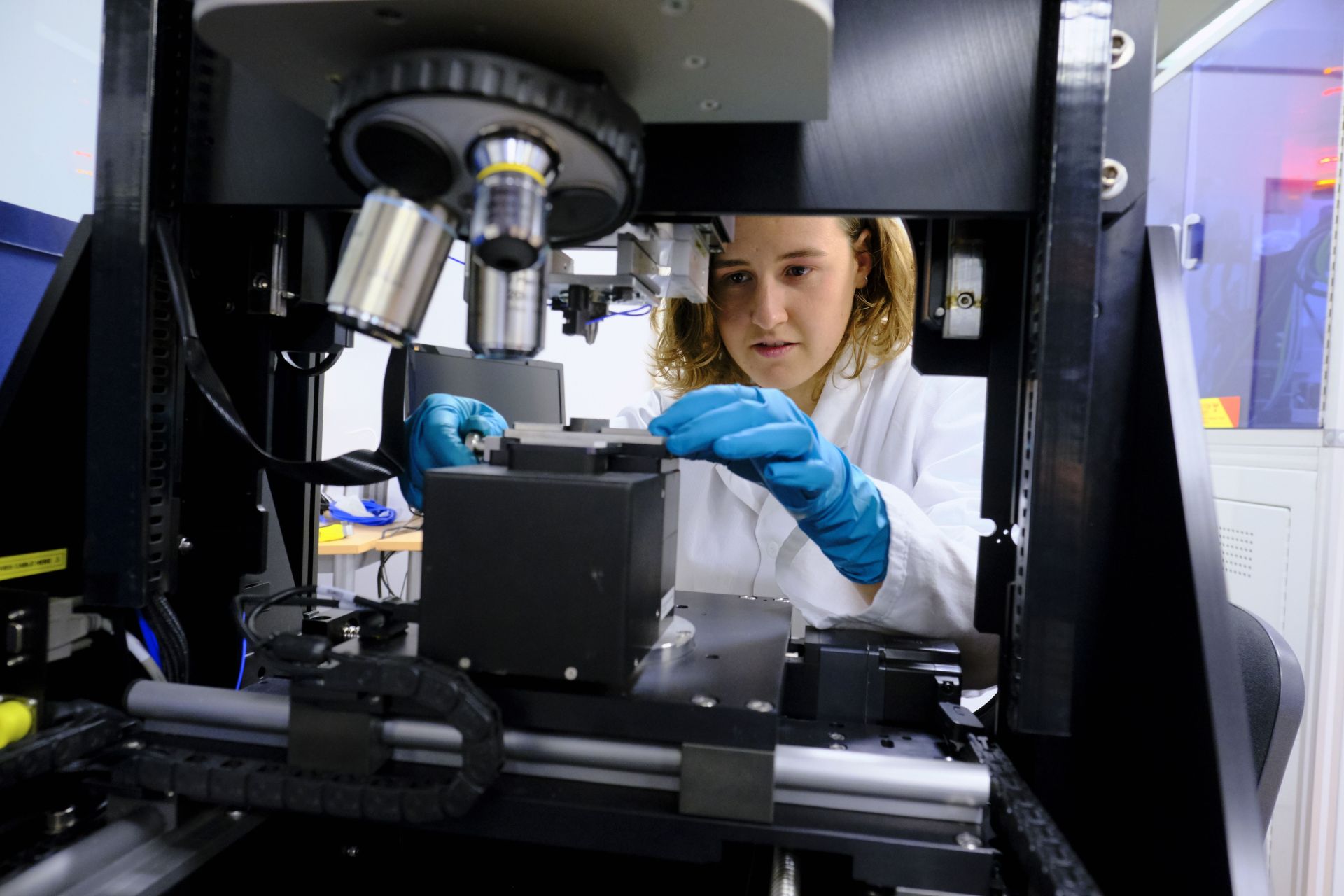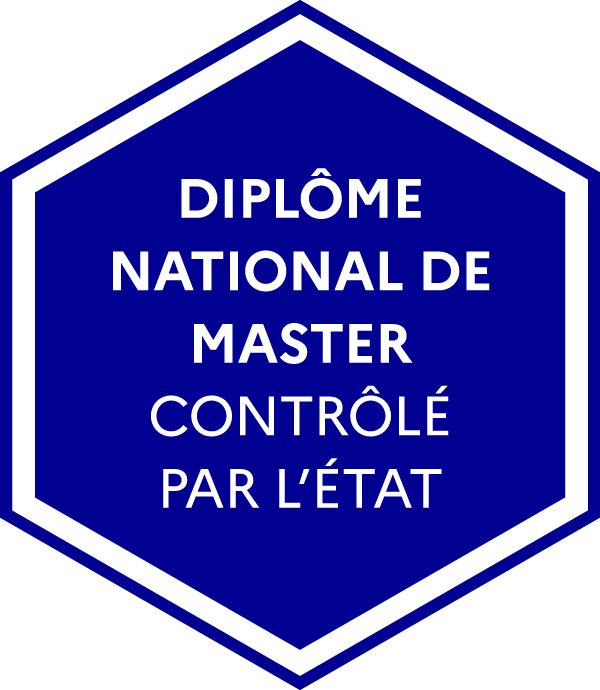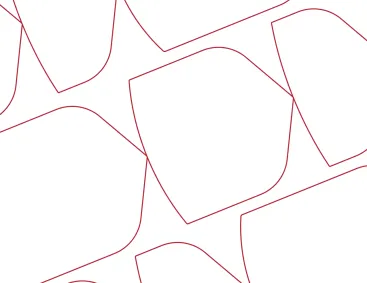Objectives
 The Master meta4.0 is an innovative two-year program taught in English and offered by a network of six universities in Europe (France, Slovenia, Norway, Germany, Italy). This curriculum trains engineers specializing in advanced 4.0 manufacturing technologies, addressing the challenges of digital transformation and sustainability in global industry.
The Master meta4.0 is an innovative two-year program taught in English and offered by a network of six universities in Europe (France, Slovenia, Norway, Germany, Italy). This curriculum trains engineers specializing in advanced 4.0 manufacturing technologies, addressing the challenges of digital transformation and sustainability in global industry.
This master's program aims to:
- Train experts in digital manufacturing, clean manufacturing, sustainable manufacturing and intelligent manufacturing.
- Meet the growing needs for digitization and industrial sustainability.
- Fill the skills gap in advanced technologies on the European market.
- Provide international training with specializations in France, Norway, Germany or Slovenia.
Program
In partnership with six European universities, this master's degree offers comprehensive training in Master 1 (M1) and Master 2 (M2). The first year, split between France and Italy, covers the basics of production engineering and materials science. In the second year, students specialize in one of the four areas of manufacturing 4.0, with professional internships and periods of international mobility, enabling them to acquire in-depth expertise in advanced manufacturing technologies.
Four options are offered:
- Sustainable manufacturing with Centrale Lyon and Mines Saint-Étienne
- Digital manufacturing with the Norwegian University of Science and Technology
- Clean manufacturing with Ljubljana University
- Intelligent manufacturing with the Chemnitz University of Technology
First year
The first year of the Master meta4.0 is structured in two complementary semesters. In Saint-Étienne, students are introduced to the fundamental concepts of production engineering, while in Turin they specialize in materials and manufacturing processes, all in a stimulating international environment.
Courses in the first semester take place at Centrale Lyon, on the Saint-Étienne campus.
Core Modules
- Materials
- Computer Science
Specialised Modules
- Metal Machining Processes
- Additive Manufacturing
- Physical Measurements
- Cross-disciplinary Project in Advanced Manufacturing
Elective Modules
- Production Engineering
- High-Temperature Processes
Complementary Modules
- Research Methods
- Foreign Language
Courses in the second semester are held at Politecnico di Torino.
- Materials for Advanced Manufacturing
- Materials and Design
- Materials Forming
- Surface Science and Technology
- Failure Analysis
Italian language courses are available.
Second year
In the second year, students will build their career path by selecting one of the four cutting-edge specializations: sustainable manufacturing, digital manufacturing, clean manufacturing, intelligent manufacturing. This decision, based on their interests and results, will guide their research dissertation and future career.
The M2 courses for the "sustainable manufacturing" option take place at Centrale Lyon - Saint-Étienne campus and at Mines Saint-Étienne.
Sustainability will be examined from a product perspective, focusing on extending their service life while maintaining or improving their performance. Topics such as surface integrity modeling, functional material properties and component repair using additive technologies will also be addressed.
Scientific Modules
- Modelling of Material Removal and Wear
- Modelling of Thermomechanical Processes and Surface Integrity
- Surface Repair and Functionalisation
- Materials Durability
- Materials and Processes
- Industry 4.0 / Materials Characterisation III
Complementary Modules
- Preparatory Research Project
- Responsible Engineering
- Foreign Language
The Master's thesis will be written on the basis of a 5-month internship, either in an industrial or applied research environment, or in a research laboratory of a partner university on a common topic, or in an associated partner organization or any other company or institution proposing a topic of orientation for the Master's thesis.
The M2 courses for the "digital manufacturing" option take place at the Norwegian University of Science and Technology in Gjøvik.
Topics such as modeling and simulation, industrial communications and artificial intelligence will be covered.
Scientific teaching units
- Modeling and simulation for sustainable manufacturing
- Flexible automation and artificial intelligence
- Lifecycle performance of aluminum products
- Industrial communications and sensor technology
- Extended project within the specialisation theme
Transversal teaching units
- Project work on a "digital theme"
The Master's thesis will be written on the basis of a 5-month internship, either in an industrial or applied research environment, or in a research laboratory of a partner university on a common topic, or in an associated partner organization or any other company or institution proposing a topic of orientation for the Master's thesis.
The M2 courses for the "clean manufacturing" option take place at the University of Ljubljana in Slovenia.
Topics such as quality engineering, nanotechnologies or microfabrication technologies will be addressed to show the potential of moving towards cleaner processes.
Scientific teaching units
- Advanced machining processes
- Quality engineering
- Additive manufacturing
- Microfabrication technologies
- Energy conversion systems
- Laser processing technology
The Master's thesis will be written on the basis of a 5-month internship, either in an industrial or applied research environment, or in a research laboratory of a partner university on a common topic, or in an associated partner organization or any other company or institution proposing a topic of orientation for the Master's thesis.
The M2 courses for the "intelligent manufacturing" option take place at the Chemnitz University of Technology in Germany.
Topics such as instrumentation and sensors, advanced process chains, augmented reality/virtual in manufacturing or hybrid composite-based technologies will be covered.
Scientific teaching units
- Efficient supply chains
- Instrumentation
- Computer-aided evaluation of material flows and process chains
- Digital manufacturing
- Machining technologies
- Hybrid technologies based on composite materials
The Master's thesis will be written on the basis of a 5-month internship, either in an industrial or applied research environment, or in a research laboratory of a partner university on a common topic, or in an associated partner organization or any other company or institution proposing a topic of orientation for the Master's thesis.
Diploma and certification
This course awards a national master's degree - controlled by the French state.
It is also part of the Erasmus Mundus joint masters programs.


![]()
![]()
Admission requirements and application
Pre-requisites
Applicants must hold a bachelor's degree in science or engineering, or an equivalent diploma (180 ECTS), with a minimum average of 'B' on the ECTS scale. They must also have completed at least three years of study in one of the following fields:
- Mechanics
- Mechanical engineering
- Materials science and engineering
- Or potentially Mechatronics
More information on the dedicated website
Application
Applications run from November to February. Applications are considered on the basis of a portfolio.
Tuition fees
- Fee "Program students": 4,500€ / year
for students of nationality of countries participating in the Erasmus Mundus program ("students whose nationality is one of the 27 Member States of the European Union, and additionally, Iceland, Norway, Republic of North Macedonia, Liechtenstein, Turkey, Serbia, countries defined by the European Commission as 'third countries associated to the programme'") - Fee "Partner countries students": 9,000 € / year
("all other countries defined by the European Commission as 'third countries not associated to the programme'")

